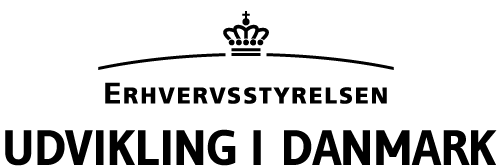The project has received DKK 6.3 million from the EU Regional Development Fund, which will contribute to sustainable, green urban development in the municipality.
Through the project, Dansk Celleglas has developed a sustainable material that can improve the insulation of the municipality's district heating pipes.
NB. Udbyderen af servicen sætter cookies på din computer, når du afspiller eller deler videoen. Læs mere om cookies.
Dansk Celleglas has developed the insulation material Durapor, which among other things consists of recycled jam jars and wine bottles. During the project, the company has tested the new material on the municipality's district heating pipes, and the results are good. Actually, Durapor can reduce heat loss by up to 50 per cent.
Today, the heat loss on district heating in Næstved Municipality is approximately 18 per cent. This means that every time the citizens pay DKK 100,000 for district heating, DKK 18,000 disappears directly into the ground. With the new and sustainable insulation material, Dansk Celleglas thus saves both the citizens money and contributes to an improved CO₂ accounts in the municipality.
Facts about the EU project
The project “Mærk Næstved – bæredygtig grøn byudvikling med innovative affaldsløsninger og reduction af energiforbruget i Næstved” is part of an overall effort that supports Næstved Municipality's holistic urban strategy with a focus on green, sustainable urban development.
This part of the project will increase the number of innovative small and medium-sized enterprises that develop solutions for resource consumption, recycling, reutilisation and recovery of waste in a smart and innovative way.
Project information
The project runs from 6 January 2017 to 31 May 2021 and is funded with DKK 6.3 million from the EU Regional Development Fund and managed by Næstved Municipality.

